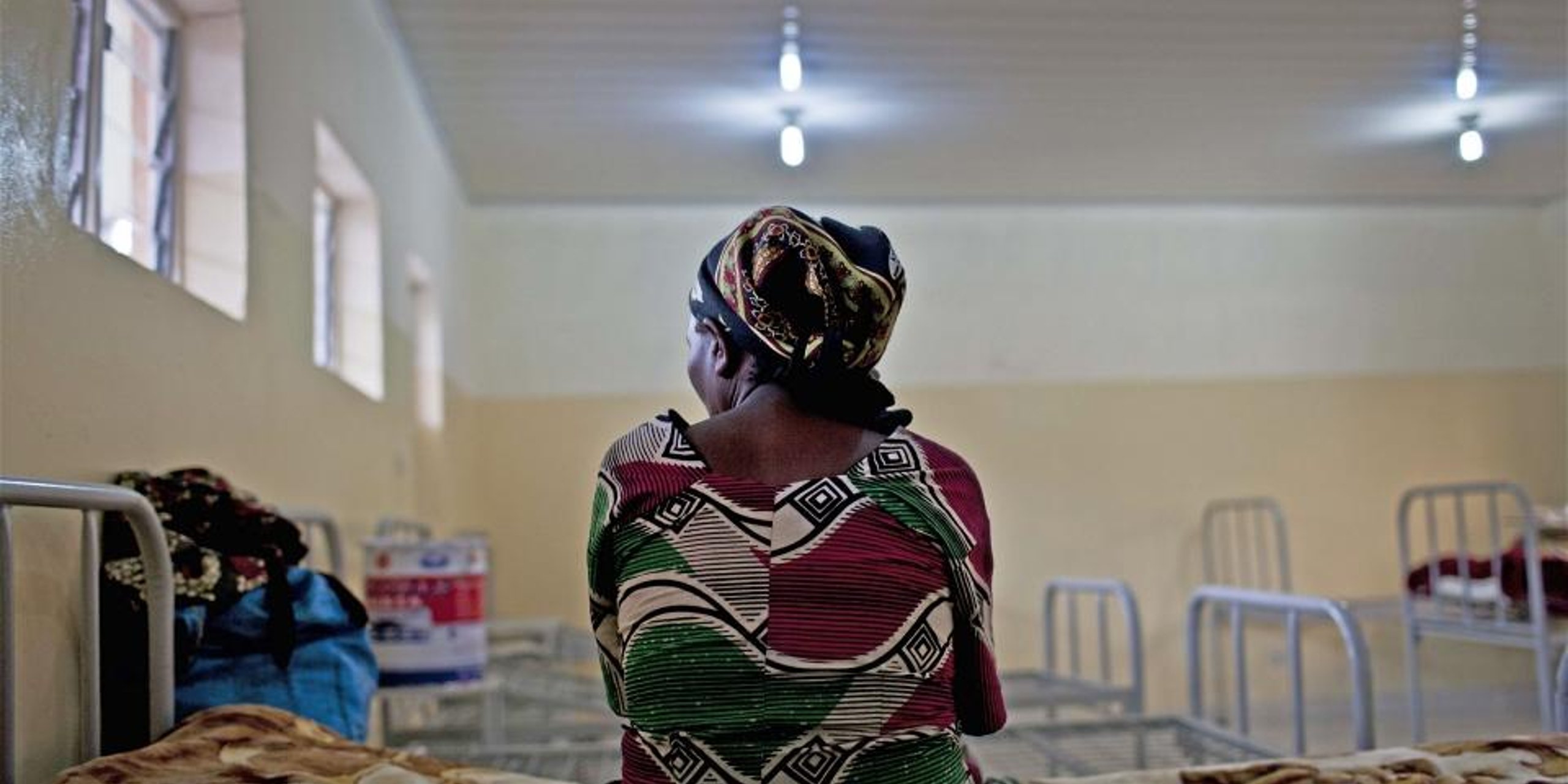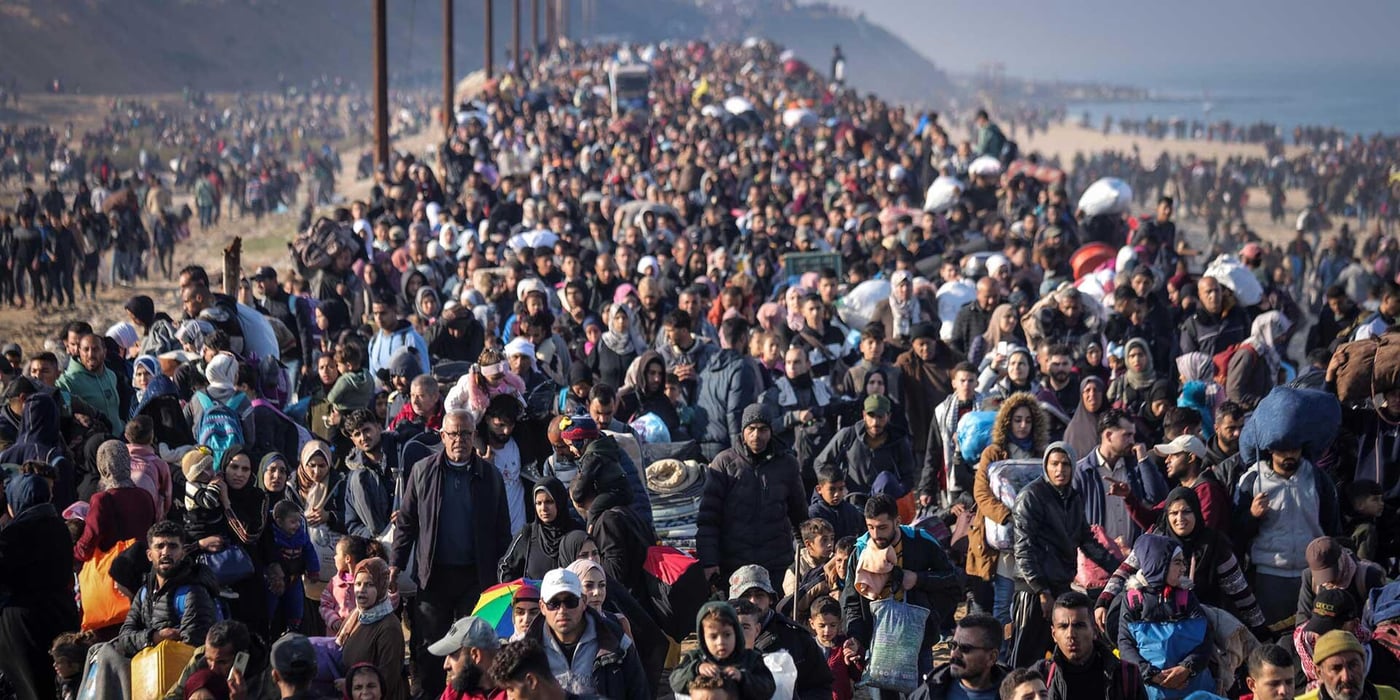
“When a woman has been raped, she has three days to access care to prevent potential HIV, five days to prevent unwanted pregnancy, and in some cases just hours to ensure that life-threatening injuries don’t become fatal. But amidst the chaos of an emergency response or humanitarian crisis, these vital support mechanisms can get overlooked and deprioritised.
“Sexual violence and other forms of gender-based violence against women, girls and boys are major symptoms of conflict and this should never be accepted or normalised. We are urging politicians, government representatives, UN agencies, civil society organisations, all those involved in a humanitarian response to take definitive action towards ending violence in a crisis and prevent fragile communities from becoming cesspits for abuse.
“Local communities protect the people from the outset and are key to ending sexual and gender-based violence whenever a conflict breaks out. They must be heard, engaged and empowered before, during and after a humanitarian crisis. Therefore, those with a significant role in determining what gets funded in a humanitarian emergency response plan, must take this into account. They must embed the prevention of sexual and gender-based violence into every single plan.
“Efforts to end extreme violence in a humanitarian crisis saves countless lives. If not recognised as such, gender-based violence will continue to have devastating effects on families and entire communities.”


